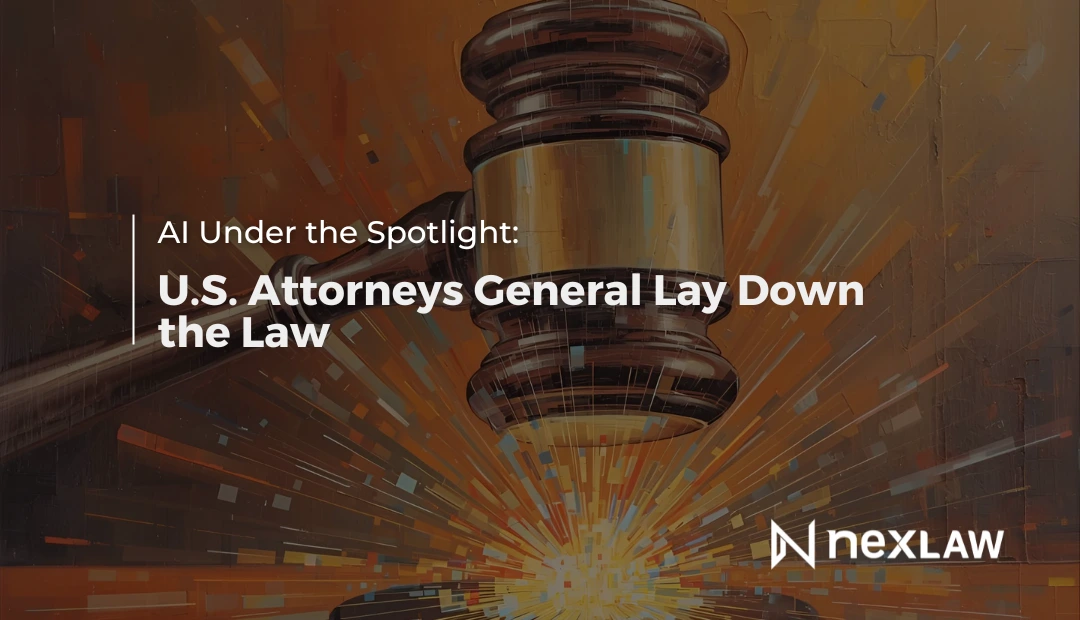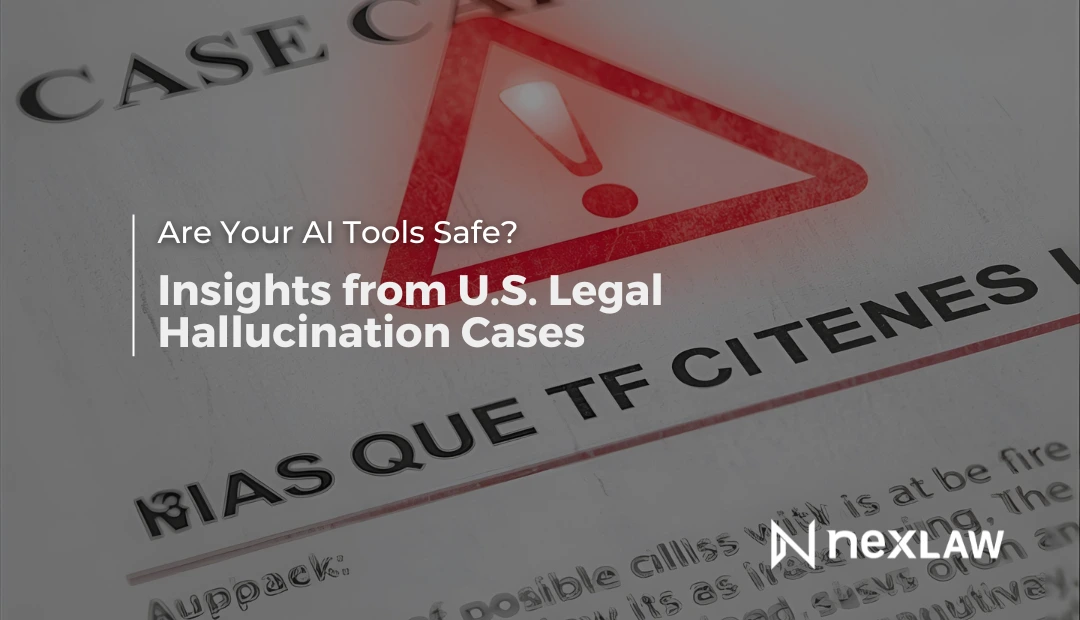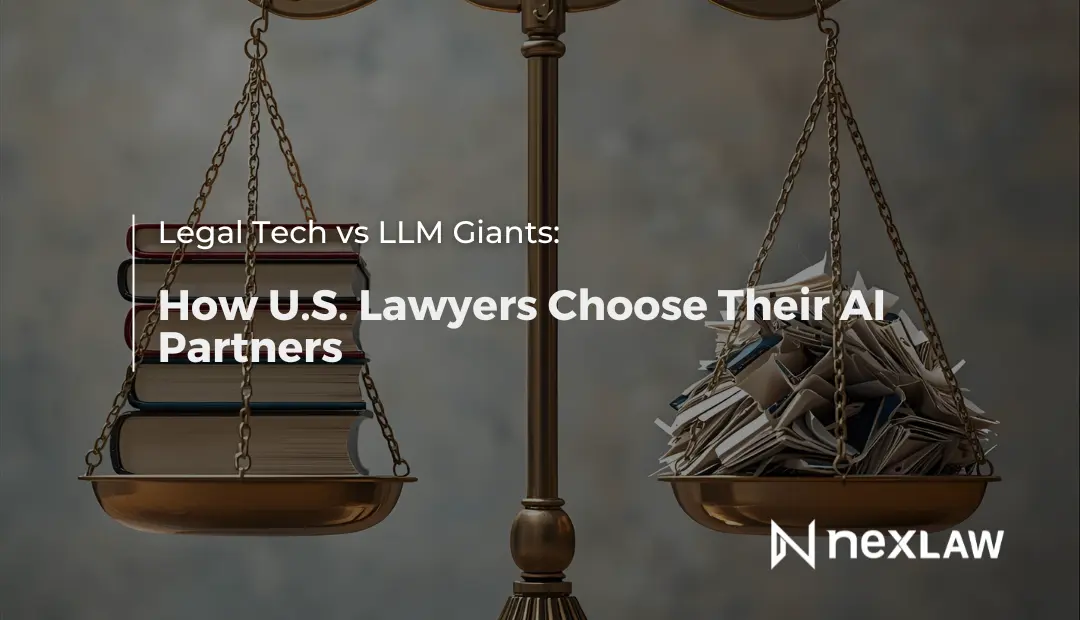AI Under the Spotlight: U.S. Attorneys General Lay Down the Law
The Legal System Responds to AI’s Rapid Rise
Artificial intelligence is not just a private-sector trend anymore. It is now a matter of public policy. As AI tools gain adoption in legal, corporate, and governmental spaces, Attorneys General across the United States are stepping in.
Unlock Legal Insights Instantly!
Their message is clear: AI must serve justice, not threaten it.
In the last year, a growing number of Attorneys General have launched investigations, issued guidance, or called for legislative oversight on how AI is developed and used—particularly in areas involving civil liberties, consumer protection, and legal compliance.
For U.S. lawyers and law firms, this shift has direct consequences. Understanding how regulatory leaders view AI can help attorneys stay compliant, build trust, and avoid liability.
What Are Attorneys General Concerned About?
Attorneys General (AGs) are the chief legal officers of their states. Their responsibilities include enforcing laws, protecting consumers, and ensuring justice is fairly administered.
Many AGs have raised specific concerns about the rise of generative AI in the legal and public sectors:
- Misinformation and “hallucinated” outputs that may mislead courts or consumers
- Bias embedded in AI models that could lead to discriminatory legal outcomes
- Privacy violations stemming from training data or user interactions
- Unauthorized legal advice given by non-lawyer AI tools
- Lack of transparency in how AI systems make decisions
Key Policy Moves in 2024 and 2025
| State | Action Taken by Attorney General |
|---|---|
| California | Issued consumer warning on legal AI tools and began auditing AI platforms for compliance |
| New York | Investigated several tech companies for bias and false outputs in their legal AI models |
| Illinois | Called for legislation requiring disclosure when AI is used in legal services |
| Texas | Proposed a task force to evaluate ethical use of AI in government and courts |
| Washington | Released guidance stating lawyers must supervise all AI-generated content used in filings |
These actions do not just signal concern—they shape how AI tools must be built, marketed, and used by legal professionals.
Implications for Law Firms Using AI
Law firms that use AI to review documents, summarize cases, or generate legal drafts may think they are simply improving productivity. But under the scrutiny of AGs, these tools can become compliance liabilities.
Key Takeaways for Lawyers:
- You are responsible for supervising AI outputs, even if a tool auto-generates content
- Clients may demand transparency about whether AI was used in their casework
- Using public AI tools without privacy controls may violate state-level privacy regulations
- Failing to verify AI-generated citations or facts could lead to professional misconduct claims
Compliance Starts with Awareness
Many AGs are not anti-AI. They want responsible, ethical, and transparent use of technology. Law firms can protect themselves by following emerging guidance and preparing for the possibility of broader regulation.
Best Practices for AI Compliance in Legal Practice:
- Document your AI usage internally – log when and how AI tools are used during client engagements
- Choose AI platforms with built-in transparency – use tools that show citation trails and allow for human audit
- Train your staff – ensure attorneys and paralegals know how to vet AI outputs
- Avoid giving legal advice through public AI interfaces – this may be viewed as unauthorized practice of law
- Stay up to date on your state’s AG announcements and bar advisories
Why This Matters to Your Clients
Clients expect their attorneys to operate with integrity and accountability. When law firms use AI responsibly, they show a commitment to both innovation and ethics.
But if firms cut corners or rely on tools that generate false, biased, or confidentially risky content, trust is lost. Worse, regulatory consequences may follow.
Clients may even start asking whether AI is used on their matters, and if so, how it is supervised.
Where NexLaw Aligns with Compliance Expectations
As regulatory pressure on legal AI grows, law firms must ensure their tools meet the rising expectations of both courts and clients. NEXLAW was built with these compliance realities in mind, offering technology that is transparent, verifiable, and accountable.
How NexLaw Meets Today’s Ethical and Privacy Standards
- NEXA delivers legal research with built-in source linking and jurisdictional context, allowing attorneys to verify citations before use
- CHRONOVAULT 2.0 connects each piece of evidence to your case timeline while protecting sensitive client data—no information is stored or reused for training
- TRIALPREP helps attorneys develop courtroom strategies using structured fact timelines with clear attribution and required attorney review
Each feature is designed to support ethical use, audit-ready workflows, and privacy-respecting performance—aligned with emerging standards from bar associations, courts, and regulators.
Regulation Is Not Coming—It Is Already Here
Recent actions by U.S. Attorneys General make one thing clear. Legal AI oversight is not on the horizon. It is already reshaping how law firms must evaluate their tools.
From risk management to client trust, choosing an AI partner that is built for legal compliance is no longer optional. It is essential.
NEXLAW helps you stay ahead of evolving standards by embedding accountability and auditability into every step of the litigation lifecycle.
- Begin with a 3-day free trial—no credit card required
- Unlock full access with a 7-day free trial that includes advanced features and integrations
- Prefer a guided walkthrough? Book a demo call and let our team show you how NexLaw works in practice



